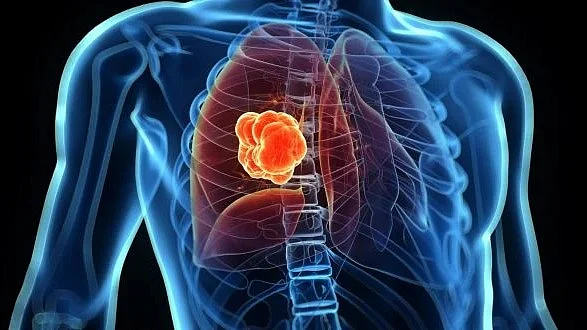Heart attack incidents amongst relatively young people have gone up in the recent years. Popular Hindi film actor Shreyas Talpade also suffered a heart attack and was "clinically dead" when he was rushed to the hospital while returning from a film shoot in Mumbai. Timely medical help saved the actor who is now recuperating at his home.
The actor's family has a history of heart-related ailments. Are people having family history more prone to heart attacks, what are the early signs and what precaution one should take? With these questions in mind, Free Press Journal spoke to health experts decoding the reasons associated with heart problems and the secret to maintaining a healthy heart.
Experts take on heart attack & family factor
Experts said that while genetics may be one of the attributes that make a person prone to heart diseases, the lifestyle of the individual also plays a big role.
“Hereditary is one of the strongest factors of coronary artery disease,” says Dr Kaushal Pandey, Cardiovascular Surgeon associated with PD Hinduja Hospital and Lilavati Hospital. Dr Pandey told FPJ that sudden loss of life in the family of a person below 40 years of age could be a key sign that a history of heart disease prevails. “If one’s parents have undergone bypass surgery, angioplasty, or have an underlying heart problem, their children are prone to getting diagnosed with similar health issues at a younger age,” he notes further.
How lifestyle matters in maintaining a healthy heart
Dr. Zainulabedin Hamdulay, Chairman and Chief Cardiothoracic Surgeon, Masina Heart Institute throws light on how one’s habits can make one at a higher risk to cardiac illnesses.
“The youth today have a stressed life which often leads them to accept a negative lifestyle including smoking, drinking, unhealthy eating habits and sleep patterns. This is worrying for the heart as it adds stress on the organ, causing heart attack, heart failure, and other cardiac related issues.”
Experts say that there is no specific or distinct symptom for a cardiac arrest as it hits people unannounced. Health problems like shortness of breath during rest, reduced ability to exercise, nausea, lack of appetite, swollen ankles, and acidity or burn in the thoracic area should not be ignored.
Be aware, care & stay fit
A regulated visit to the doctor may ensure one's overall well-being and keep the person aware of whether their heart demands some care. "Honestly, individuals have a habit of not having a health checkup unless there are ominous signs and symptoms of trouble. However, there is no choice other than to have regular checkups. This should include blood tests, ECG, ECHO, and a treadmill test along with a CT Coronary Angiogram if the doctor advises," highlights Dr Kunal Sarkar, Senior Vice Chairman and Chief Cardiac Surgeon, Medica Superspecialty Hospital.
Avoding outside food and going for a healthier meal and making exercise a way of life is a key takeaway from the doctors for keeping one’s heart happy. One must note that there are workouts specially designed for the heart. Yes, the cardio sessions which comprise activities such as jogging, jumping, and cycling among others.
“Hereditary is something we can’t change, but adopting a healthy lifestyle is in our hands. An exercise regime is a must along with quitting consumption of junk food,” concludes Dr Pandey.
So if you have a family history of heart ailments, do get medical check-ups on a regular basis.
Key Takeaways:
Get regular medical check-ups
Adopt a healthy lifestyle
Avoid junk food
Exercise regularly











